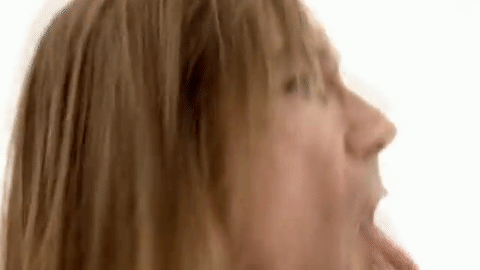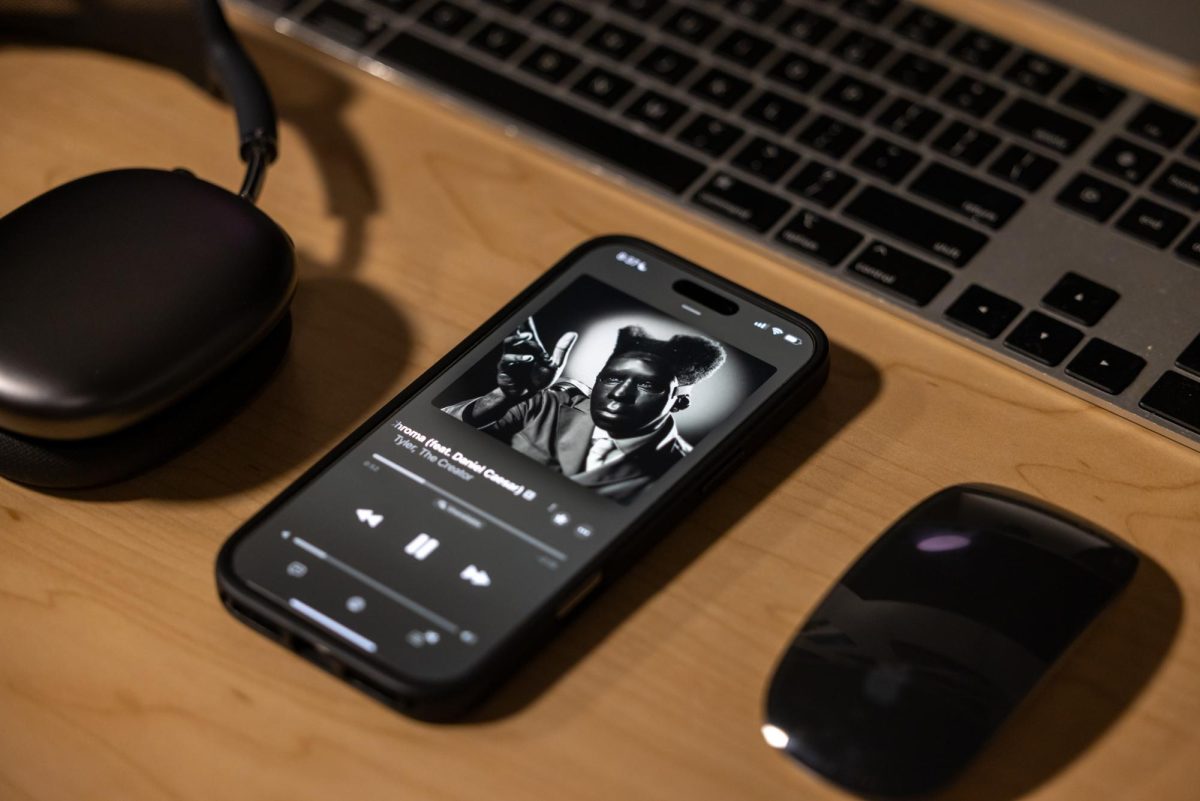Like his lifelong friend David Bowie did with Blackstar, Iggy Pop has released an album that deals with growing old and unfamiliar surroundings — albeit in a very different way.
Iggy is not on death’s doorstep as Bowie was, but he too has decided it’s time to say au revoir to the musical world with Post Pop Depression. Iggy Pop’s album, however, speaks less to the sentiment of going out on one’s own terms as Bowie’s did, but more so of one last hurrah with friends.

On Post Pop Depression, the ex-Stooges frontman finds himself welcoming the help of all-stars from the contemporary rock and roll scene. Queens of the Stone Age mastermind Josh Homme, Arctic Monkey’s drummer Matt Helders and Queens of the Stone Age/The Dead Weather’s multi-instrumentalist Dean Fertita all assist Iggy. This frames the album itself as a star studded-packed party that at times, finds the guests outshining the host.
As the title suggests, Post Pop Depression is a melancholic album. Iggy Pop croons his woes of growing old and feeling lost in a world that seems to be forgetting him. On “American Valhalla” he cries, “I’m not the man with everything/ I’ve nothing but, but my name.”
In a recent interview with Stephen Colbert, Iggy Pop and Josh Homme joked that in the midst of recording Post Pop Depression, Iggy would wear kimonos and write poetry in their isolated dessert based studio, which implies that Iggy Pop may no longer be the wide eyed, crazed shirtless punk of the past. If so, it shows in this album. Pop’s vocals sound somber and raspy on this LP, rather than brimming with reckless abandonment as they did on his earlier solo work and time with The Stooges.
His singing does a good job of conveying his depressive mood, but it doesn’t always do a great job of carrying the songs. A lot of times, his vocals go from sounding somber to feeling just plain tired, making them get swallowed up by the instrumentation. Fortunately for Iggy, the instrumentation is pretty good.
There isn’t a single instrument on this album that doesn’t seem to have Homme’s fingerprints on it. The thumping drum toms, the distorted bass lines and the screaming blues/dessert rock guitar riffs feel right at home with sounds from Queens of The Stone Age, Them Crooked Vultures, Eagles of Death Metal or just about any other project Homme has worked on.
It becomes clear that on the album that Pop needed Homme far more than Homme needed Pop. Homme’s sonic contributions to the album far outshined those of Iggy’s, and sometimes it’s not even just Homme’s instrumentation that stand out in front of the punk god’s. Some of the most memorable parts on this LP are on songs like “Gardenia,” where Iggy’s low baritone are harmonized and complemented by Homme’s outstanding falsetto back up vocals.
At the end of the day, the album feels like a Josh Homme project that just happened to feature Iggy Pop on vocals. While this isn’t necessarily a bad thing, it isn’t quite the valedictory swans song Iggy Pop fans might have been hoping for on his last hurrah of an album.














